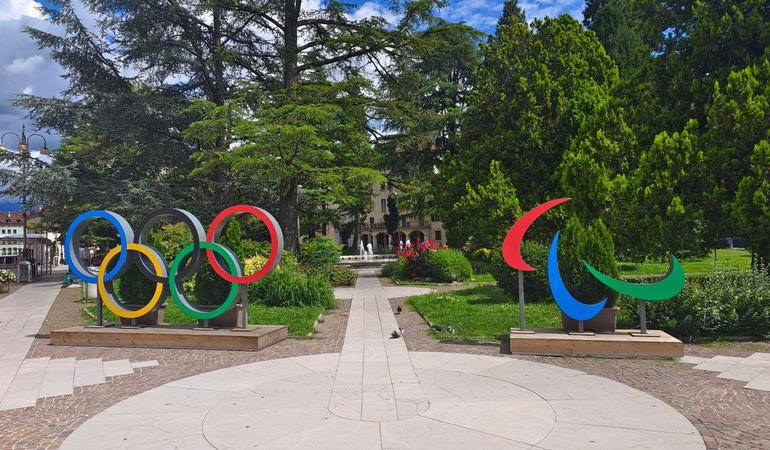
Milano-Cortina. Ecco come verranno spesi i 450 milioni di euro delle paralimpiadi

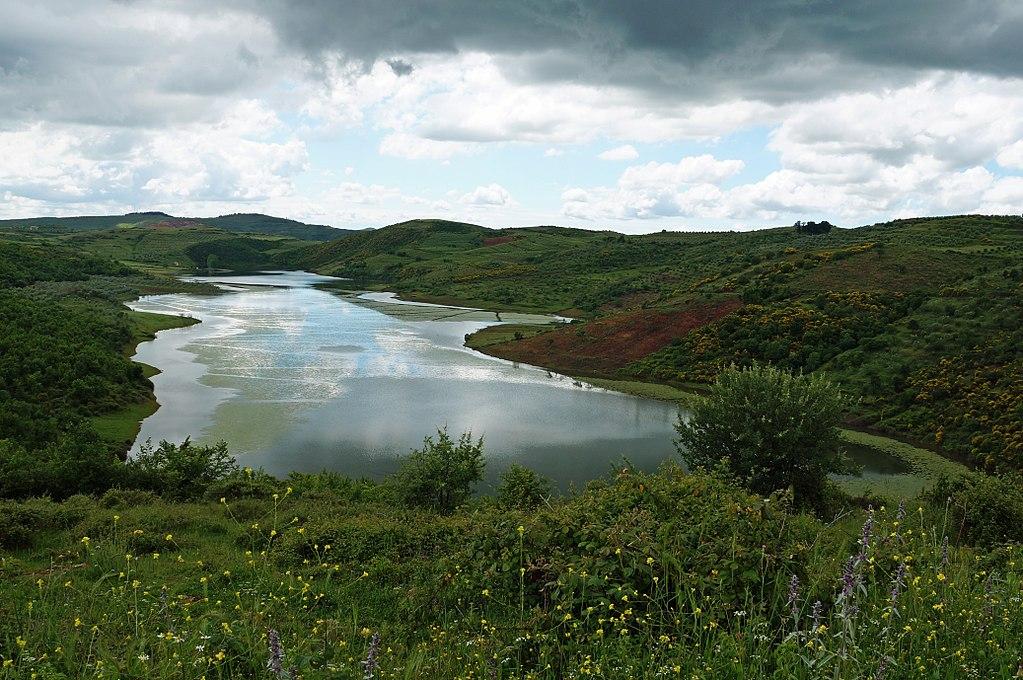
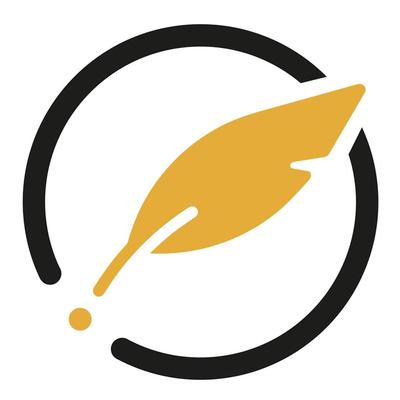
29 luglio 2021
di Alice Chambers, giornalista irlandese
Francesca Dalrì, redattrice lavialibera
Inva Hasanaliaj, giornalista di Faktoje (Albania)
In response to this article we received a letter from Eni. Read it here
On the 20th December 2019, the Italian oil giant Eni was awarded a new hydrocarbon contract in Albania to extract oil and gas in the onshore block called Dumre. At a high-level event in Tirana, the Albanian Prime Minister Edi Rama, the Minister of Infrastructure and Energy Belinda Balluku, and the CEO of Eni Claudio Descalzi celebrated the company's return to Albania after 20 years and the renewed trade links between the two countries. Dumre has a significant expected reserve according to the government and Eni committed to spend at least US $50.5 million related to the contract.
Located about 40 kilometres south of the Albanian capital Tirana, the Dumre block is a 587 square kilometer concession and a well-known wildlife area with many lakes, two of which are large karst lakes designated as natural monuments and hence environmentally protected. According to Albanian law, all human activities that can damage them are prohibited. The government and the company have repeatedly guaranteed that the environment is considered a priority in the contract. But beyond the promises and despite the fact that, according to the Ministry of Infrastructure and Energy, in February 2021 “ENI has started to carry out hydrocarbon operations,” to date the company has conducted no environmental impact assessment (EIA) and therefore acquired none of the environmental permits legally-required for big developments under Albanian law.
By albanian law, "hydrocarbon operations" are all or any operation related to the exploration, evaluation of a discovery, development, extraction, production, sharing and handling, collection, transportation and sale or disposal of hydrocarbons [...]".
If this is the case that there is no environmental permit, says Mihallaq Qirjo, Director of the Resource Environmental Center in Albania, “the works should stop immediately and [the company might] even be prosecuted, bearing the liability of the caused environmental damage."
We sent repeated requests for information asking for an environmental impact assessment, but neither the Albanian government nor Eni have been able to produce one. While Eni told us that they have completed a feasibility study, are working to get the EIA and “will not be able to operate until the relative environmental permit is issued,” the government avoided answering this question. The Directorate of Environmental Assessment said there is no application for it. The EIA process in the country is known to be inadequate. Many experts speak of a box-ticking exercise. At the same time, according to them, this makes it even more serious that Eni has not done one. An Albanian expert in EIAs, who asked to remain anonymous, confirmed that Eni must have an environmental permit even if it has only started the study of the area in which the exploration will take place.
The international tender for the exploration, development and production of liquid hydrocarbons in the Dumre block was firstly published on the 19th September 2019 by the Albanian National Agency of Natural Resources (AKBN), which represents the Ministry of Infrastructure and Energy. The multinational Italian oil giant Eni was the only company to apply. It was awarded the contract through its subsidiary Eni Albania BV (registered in Amsterdam on the 4th of December) on the 20th of December. AKBN has written that the signature followed a year of preliminary work between AKBN and Eni, a process that involved “intense expert meetings and negotiations”. The production sharing contract entered into force on the 4th March 2020.
The company has five years' time to explore the profitability of the block and decide whether to start extracting or leave. In this period, Eni committed to drilling a first exploration well. In the contract, the company agreed to spend USD$35M for the discovery well and at least an additional USD$11M on other 2D seismic and geological work. They also committed to pay a USD$4M signing bonus to the AKBN and an additional USD$500,000 to the AKBN for every year of research on the field before the drilling begins. The contract also creates a training and administration fund of USD$600,000 per year to benefit AKBN employees, students, and other government employees and increase Albania’s technical know-how.
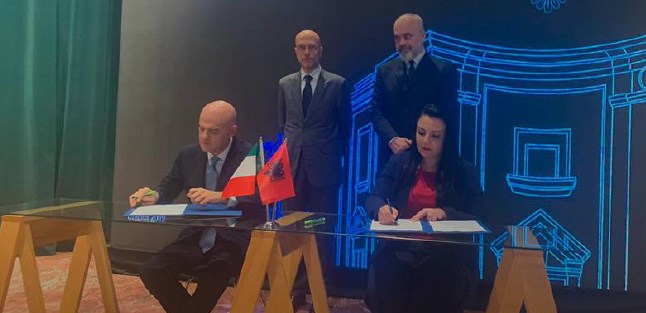
From CEO Descalzi to Minister Balluku, the environmental sustainability of the operation has been repeatedly declared to be the founding principle of the contract. The assertion that surprises most is that of the executive director of AKBN Adrian Bylyku. In an interview on the 23rd December 2019 with Tema.tv he stated that the risks of environmental pollution in Dumre block are equal to zero. However, according to an open source mapping of land use in the Dumre concession that we commissioned to Tsvetelina Tomova, GIS researcher and Co-Founder of the Environmental Investigative Forum, hydrocarbon operations could affect agriculture, water sources, urban areas and protected areas of natural importance both within and downstream of the concession, especially since drilling is expected up to 6km deep. In other words, environmental risks do exist. To know how they are, it is precisely the scope of an EIA.
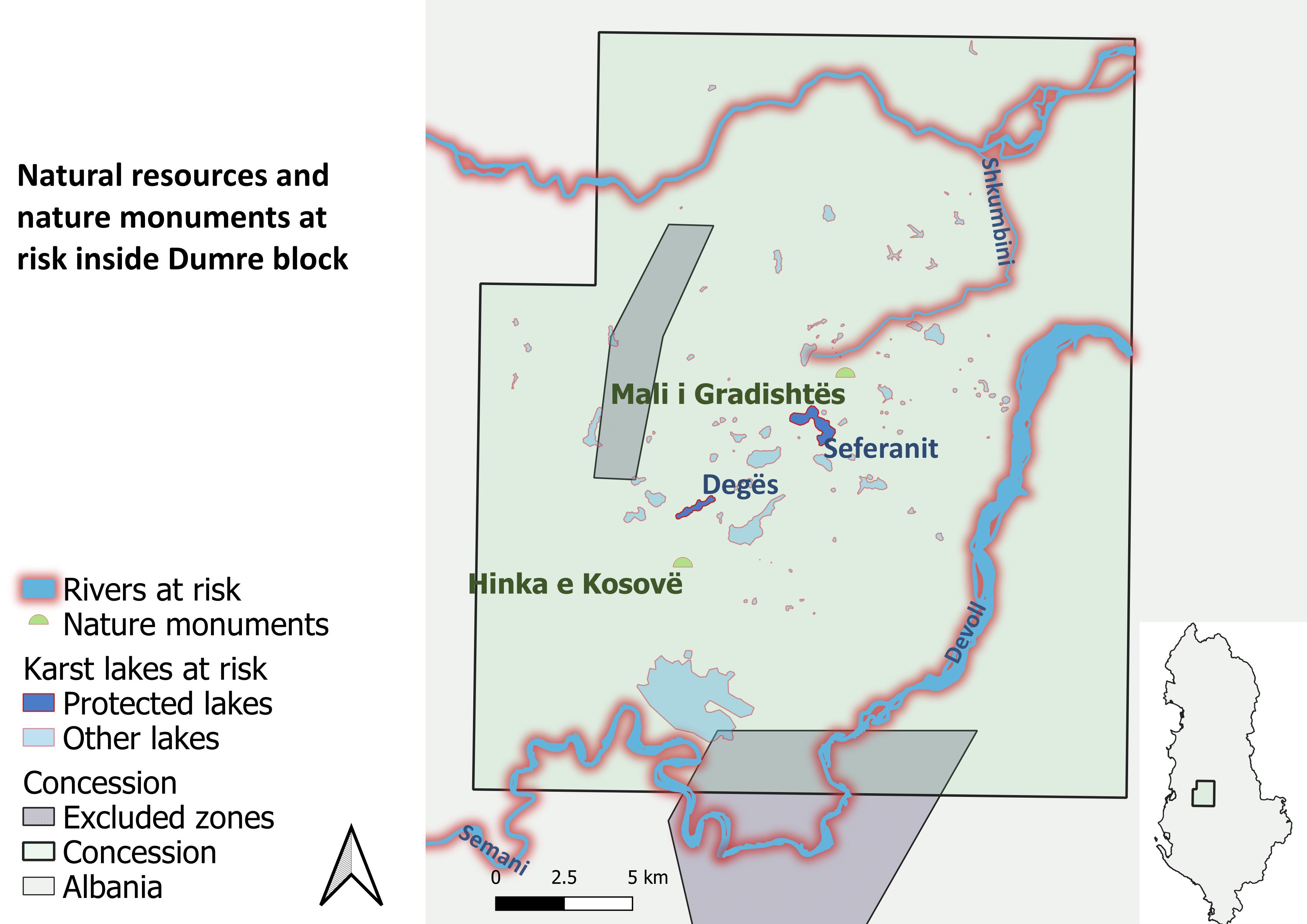
"Within the concession there are three rivers (Semani, Devoll and Shkumbimi) which not only supply water to local agriculture, but feed the Divjake-Karavasta national park," comments Tomova. "The ecosystem of the Karavasta lagoon is a Ramsar site (protected by the Convention on Wetlands of International Importance) since 1995. Among the more than 100 karst lakes, Degës and Serefanit are protected by Albanian law and are vulnerable to mining activities." Finally, she says “over 65% (almost 400 square kilometers) of the concession is used for agriculture, which is extremely vulnerable to any type of pollution or contamination of water, soil or air.”
In these cases, the National Agency for Protected Areas (Napa) should be consulted on any proposed development plans to give their green light to the project. If in April 2021 the director of Napa Zamir Dedej stated that the Agency had never been consulted or received any request for information on natural monuments, in July the Agency responded to our request for updates in a contradictory way: "Inside the Dumre block where the Eni Albania company has acquired the right to operate for the exploration and extraction of oil, there are some natural monuments that are located far from the block and are not affected by the operations". Similarly, Eni needs permission for the use of local water resources. To operate in a block with these characteristics, the Albanian law 10448/2011 requires a specific permit, but when we asked the Agency for the Management of Water Resources if Eni has this permit, they replied: "It does not appear that any entity called Eni Albania has a permit for the use of water resources. At the same time, there is no demand for the use of the water source, so far registered by the entity Eni Albania".
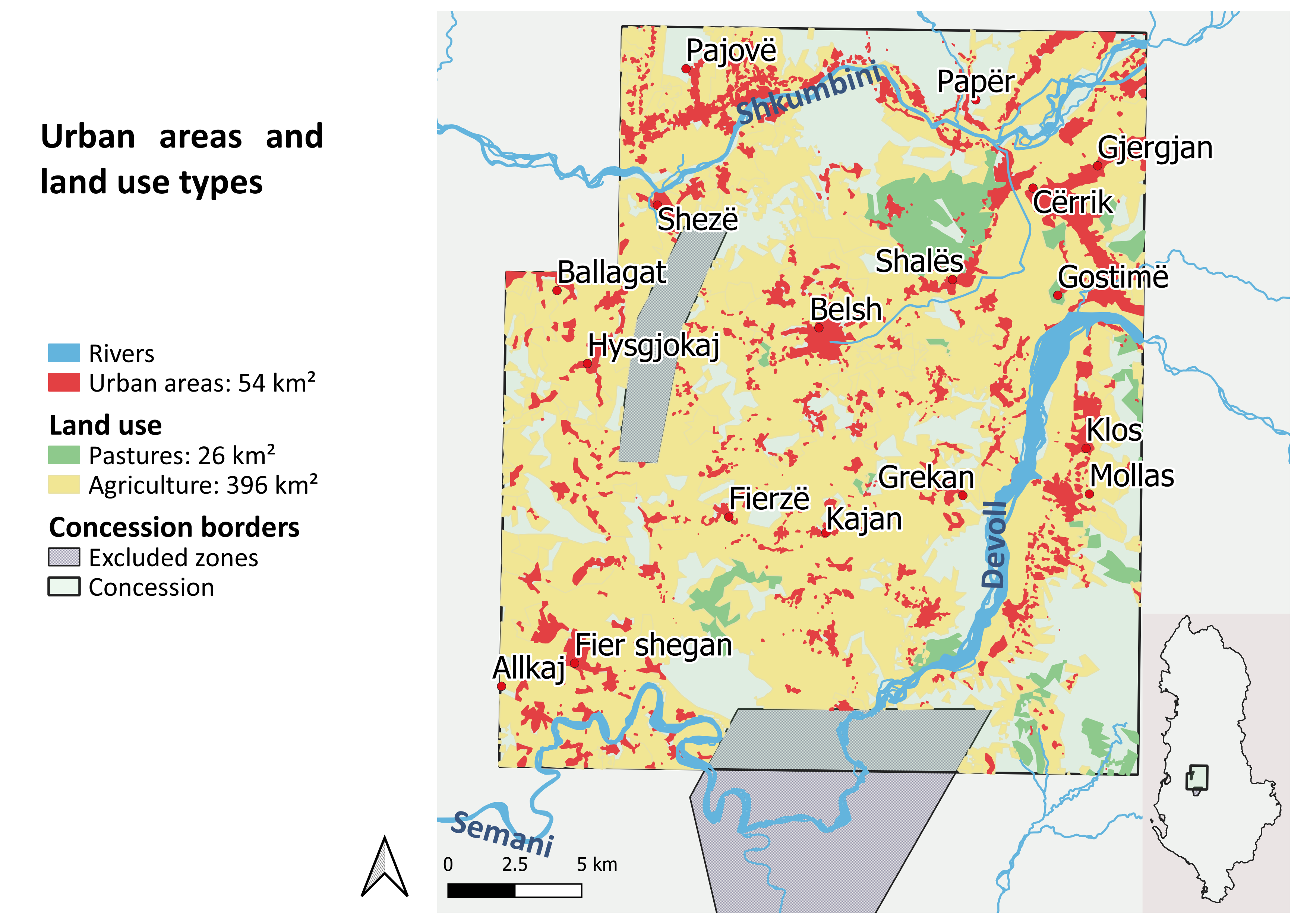
As confirmed by the Ministry of Infrastructure and Energy itself, "before carrying out operations on hydrocarbons (seismic works, drilling of new wells, whether they are evaluation, exploration or exploitation, laying pipelines), it is a legal obligation for the company concessionaire, operating in that block or source, to conduct the study on the EIA." The ministry also claims that in February 2021 Eni had already "started carrying out hydrocarbon operations." Yet the multinational still does not have an EIA, as confirmed by the Directorate of Environmental Assessment in April, the Register of Companies of Albania and by the company itself. Neither the Ministry of Energy nor that of the Environment have ever responded to our requests for more information on this.
To date, there is only an online announcement dated 10th June according to which Ema Consulting, a private environmental consultancy company based in Tirana, has been commissioned by Eni Albania to prepare an environmental and social impact report for the geophysical exploration of oil and gas in the Dumre block through "the involvement of various municipalities and the delivery of dozens of public hearings." In May 2021, AKBN declared that the company had already prepared an assessment for 2D seismic works and that in March and April Eni had organized "meetings with the Ministry of the Environment and the heads of local administrations of the Municipalities included in the territory of the block Dumre, like Elbasan, Lushnje, Peqin, Cerrik and Belsh.” But when we contacted the municipalities in question, Elbasan told us that they had no trace of any consultation and that could not help us because "Dumre is not an area of the territory of the Municipality of Elbasan." The other municipalities never replied.
Mihallaq Qirjo, Resource Environmental Center director, finds the whole thing strange. He said that at this stage, searching for new oil fields, “they should definitely have a permit... Not having at all and having a contract and starting to drill is a little bit too courageous. At least on paper, they should follow the law... If Eni started work without an environmental permit, this is illegal.”
According to Qirjo, the problem with Albanian EIAs is not necessarily that they do not get done, but that they are a box-ticking exercise done poorly, without the proper consultation or without properly publishing the results. Very basic paperwork is generally sufficient to satisfy the law and easily obtain an EIA and an environmental permit: “To do an EIA, not a thorough one, not serious, but just to have the paper, not going in depth, not doing public hearings, it is an easy copy and paste exercise,” he said. The same practice had already been noted by the researchers Aled Williams and Kendra Dupuy at the Chr. Michelsen Institute. In a report published in 2016, they demonstrate how copy and paste is one of the most widespread EIA practices in Albania. “Most of all, there seems to be no sanction for poorly conducted EIA. At the time of our research, in my view, authorities in Albania were not playing their regulatory role in a credible way,” Williams told us.
In addition, in the case of large-scale energy projects considered strategic developments by the Albanian government, Qirjo says that environmental protection concerns would not create a roadblock. So in this context, he was not able to explain why Eni has not done an EIA.
To find out more about the hydrocarbon operations which have started, we tried to visit the Eni offices in Tirana. For the whole 2020, the company was registered in Amsterdam, where the oil giant Eni has many other subsidiaries. According to the Netherlands Chamber of Commerce, in Amsterdam there are “0 working people” and five directors. But on the 31st March 2021, the company registered an office in Albania - which they needed in order to operate in the country.
According to the National Business Registry, Eni Albania has an office at the European Trade Center in Tirana. On 15th April 2021, we went there to talk to their representatives, but we found no evidence of Eni Albania in the building; they weren’t in the list of companies on the floor plan at the entrance nor on the fourth floor, as indicated in the registration document. To be sure, we also asked the receptionist. She told us that she had never heard of Eni Albania before.
The investigation was carried out thanks to the support of CiFAR ("Investigate the Western Balkans" program)
***
In response to the recent article on Eni's activities in Albania, containing seriously unfounded statements, we wish to point out that:
As already communicated to the editorial staff of "lavialibera" on 1 July 2021, the Environmental and Social Impact Assessment (ESIA) is underway.
The ESIA is an in-depth multidisciplinary study that involves numerous specialists and stakeholders, includes both field surveys and bibliographic research, and provides for public consultations in each administrative unit involved. Starting from September, we have scheduled 23 consultations, the calendar of which will be announced through two top-tier Albanian media; during the meetings the study will be exposed and any pertinent issue raised by the public will be included in the ESIA prior to approval by the authorities.
The study, conducted in compliance with Albanian law and following international best practices, began at the beginning of March 2021 and is being finalized. The process involves the delivery of a first draft of ESIA (Scoping Report) to the Ministry of the Environment, which might request clarifications and additions to be included in the final document. The Scoping Report was delivered on April 27, 2021; the National Environmental Agency responded with comments and requests for clarifications / additions on 20 May 2021. The ESIA, as required by current legislation, will be published online by the competent Albanian authorities before its final approval, to allow for any further comments.
The above is the only activity that Eni Albania has carried out in the Dumre block since 4 March 2020 (date of the start of validity of the contract); no type of hydrocarbon exploration activity has begun and will not begin until the environmental permits (Environmental Declaration) required by law have been obtained.
The ESIA Study Area includes 21 natural monuments and no natural park (natural monuments differ from parks for their limited extension); in accordance with local legislation, all 21 natural monuments and their respective 200 m buffers present in the Study Area will be completely avoided.
Main stakeholders so far involved: Ministry of Infrastructure and Energy, National Agency of Natural Resources, Ministry of the Environment, National Environmental Agency, National Agency for Protected Areas, Mayors of all the prefectures involved in the project, Technical departments of the municipalities of Elbasan, Cërrik , Belsh, Peqin and Lushnje, Regional Directorate of Cultural Heritage of Elbasan, Regional Environmental Agency of Elbasan-Berat-Korçë.
Crediamo in un giornalismo di servizio ai cittadini, in notizie che non scadono il giorno dopo. Aiutaci a offrire un'informazione di qualità, sostieni lavialibera
La tua donazione ci servirà a mantenere il sito accessibile a tutti
La tua donazione ci servirà a mantenere il sito accessibile a tutti